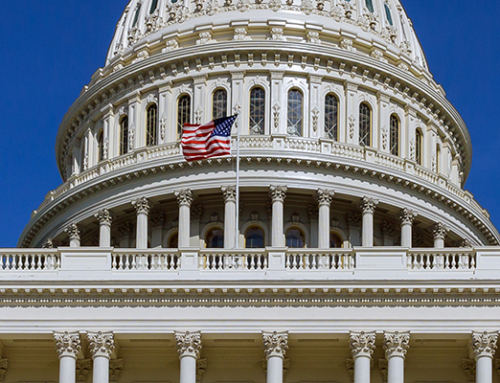UWC Opposes Proposal to pay Unemployment Compensation to Individuals Who Quit for Reasons Not Connected to Work
HR 6545 sponsored by Rep. Sheila Jackson Lee (D-TX) addresses a long list of issues associated with the Violence Against Women Act. Unfortunately, the bill includes a provision in Section 702 that significantly amends the requirements of state UI law. The amendment would entitle an individual to payment of unemployment compensation (and charging these benefits to employers) when the individual claims to have been the subject of any kind of harassment that they self-attest; even when the harassment was not at the work place, not due to anything the employer did, and did not arise in the course of employment.
Violence in connection with employment (depending on the circumstances and state law) is already good cause for an individual to quit.
On September 22, 2018, UWC submitted a letter of concern and opposition to this section which makes the points that
- The amendment would impose a federal mandate that would be inconsistent with state law with respect to unemployment insurance. Violence against women in connection with work is already just cause to quit (i.e., is non-disqualifying). The issue has been addressed in every state in statute, administrative rule or policy.
- Under the amendment unemployment benefits would be charged to employers even when claimed harassment was not at the work place, not due to anything the employer did, and did not arise in the course of employment.
- Information about harassment could not be kept confidential during the determination of benefits. Employers to be charged for benefits would have a right to review the claim and respond. UI benefit determinations include representation by employers who are charged for the benefits.
- The amendment would raise a scoring issue. It would increase outlays from federal unemployment trust fund accounts and increase the cost of unemployment compensation for federal agencies.
- The amendment would impose additional unfunded federal mandates. The amendment imposes increased costs of administration for states without additional federal appropriations and increases administrative costs for employers and federal agencies.
Unlike some other federal benefit programs, UI benefit determinations include representation by employers who are charged for the benefits. Determinations of benefit eligibility are made by state agencies under state UI law. Information about harassment could not be kept confidential during the determination of benefits because employers should have a right to respond. Also, even if the “separation” is not disqualifying for UI the individual must be able to work, available to work and actively seeking work each week as a condition of being paid benefits for the week. Would self-attestation of harassment of any kind wipe out the obligation to be able, available and actively seeking work? That would be inconsistent with the basic integrity of the UI program.
The administrative detail alone would impair states from determining whether to pay unemployment compensation within a reasonable time frame to all claimants.
The provisions in the extension of the Violence Against Women Act (VAWA) are in the process of being negotiated between the House and the Senate. We have urged leadership not to include Section 702 pertaining to unemployment compensation.






